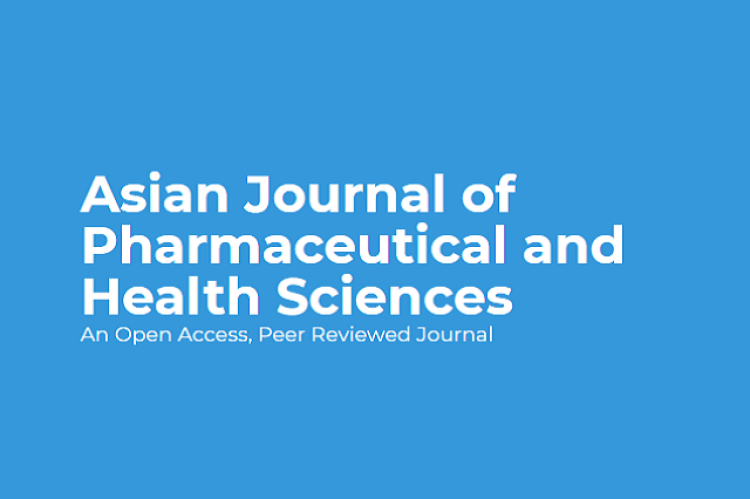Introduction: Toxicology, a field of science, used to study the adverse effects of chemical, biological substances on living organisms. It is the practice of diagnosing and treating exposure to toxins and toxicants. Toxicity studies are important throughout the drug development process and performed during preclinical and clinical stages. Methods: Toxicity studies include in vitro cell culture, Organotypic culture, ex-vivo models, organ-on-a-chip, etc., and in-vivo animal models comprise of rodents (albino mice and wistar rats), rabbits, dogs, guinea pigs. CPCSEA guideline compilation is required during experimentation on animals for maintaining safety. Zebra fish is used as a model organism for toxicology and biomedical research to study embryo toxicity, neurotoxicity, ocular toxicity, ototoxicity. Availability of computational methods aims to complement in vitro and in vivo toxicity studies and minimize the need of animals. Evaluation of medical devices safety using toxicology studies is recommended by the ISO committee. Results: In Current review we explained on in-vitro and iv-vivo, in-silico toxicological studies of small molecules and medical devices. Conclusion: Clinical toxicology studies using in-vivo, in-vitro, or in-silico methods can provide important information about the safety of a drug and can support the entry of Investigational New Drug (IND) into the market by reducing toxic effects.
View:
- PDF (968.27 KB)


